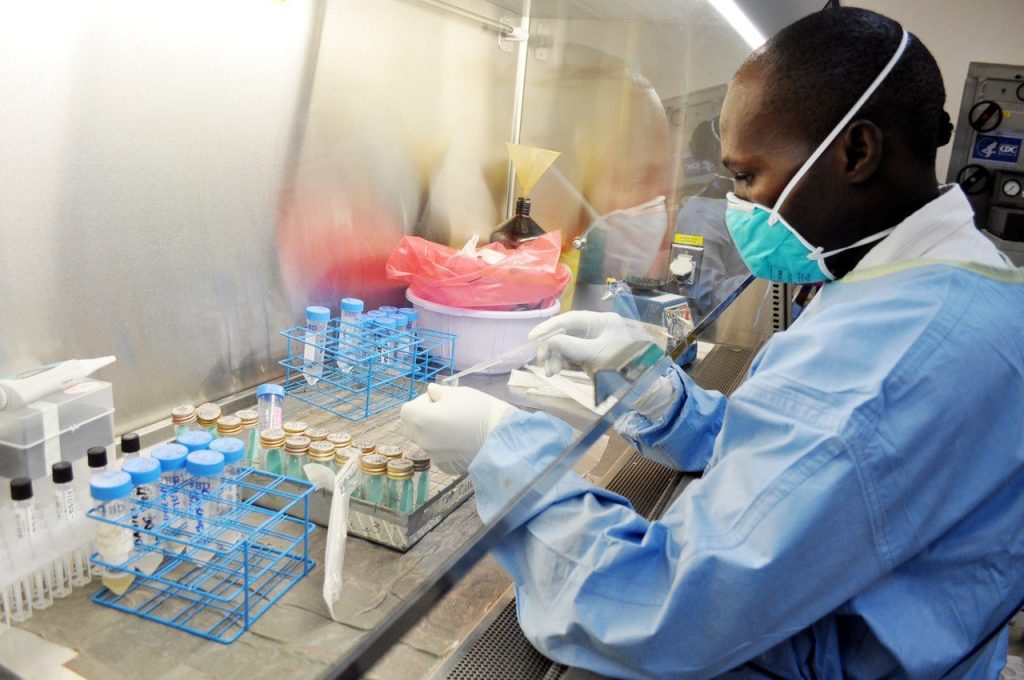A significant rise in multi-drug-resistant tuberculosis (TB) cases has sparked concern in Uganda, particularly in the Kampala Metropolitan Area and the northern district of Lira.
The Ministry of Health has revealed that an even more formidable strain of the disease, resistant to all standard treatment drugs, is emerging as a critical health challenge in these regions.
Dr. Jane Ruth Aceng, the Health Minister, emphasized that Uganda remains among the 30 countries worldwide with a high burden of TB.
During an engagement with cultural leaders in Lira on August 10, she highlighted the areas significantly impacted by TB, including the Kampala Metropolitan Area comprising Kampala, Wakiso, and Mukono.
Dr. Aceng also pointed to northern Uganda, particularly districts in the Lango Sub-region, including Lira, Oyam, Kwania, Otuke, Alebtong, Apac, Kole, Amolatar, Dokolo, and Lira City.
The ministry is initiating further research to understand the evolving manifestation of tuberculosis in Uganda due to escalating incidence and morbidity rates.
A 2019 national survey reported about 89,000 annual TB cases, a number now estimated to have increased to around 90,000.
Dr. Aceng revealed that Kampala, with a population of around two million, records 7,500 to 9,000 TB cases annually, making it the top hotspot, followed by the Lango Sub-region.
Dr. Aceng expressed concern about the impact of TB on the productive population, particularly men aged 15 to 54, who face higher mortality rates.
Data collected from health centers in Lango Sub-region revealed a significant toll, with 33 percent of TB patients succumbing in 2022, compared to the national average of 4.7 percent.
In an effort to combat the rising challenge, Dr. Stavia Turyahabwe, the assistant commissioner of health services and the program manager for tuberculosis and leprosy control, outlined the ministry’s goal to inform cultural leaders about TB so they can educate their communities about the disease and the importance of testing.
Dr. Turyahabwe emphasized the ministry’s commitment to achieving a Uganda free from tuberculosis and leprosy through accessible and affordable healthcare services.
Dr. Turyahabwe stressed the importance of awareness, with the aim to have over 90 percent of Ugandans knowledgeable about TB and leprosy. She emphasized the need for timely diagnosis and treatment for those at risk or already afflicted.
Despite the challenges, Dr. Turyahabwe offered hope, underscoring that TB is curable and preventable.
Remarkably, Dr. Turyahabwe highlighted that individuals with TB have often been in close contact with a person who has the disease.
The disease’s prevalence is striking, with 200 cases for every 100,000 people in Uganda. In 2022 alone, 91,000 individuals fell ill with TB, and out of those, 74,799 received treatment, leaving a substantial portion unaddressed due to various reasons.
Reflecting on personal experience, Mr. Eremos Otim, a 42-year-old TB patient in Lira City, shared that while TB treatment is manageable, patients must ensure proper medication intake, including consuming food before taking medication due to its potency.
